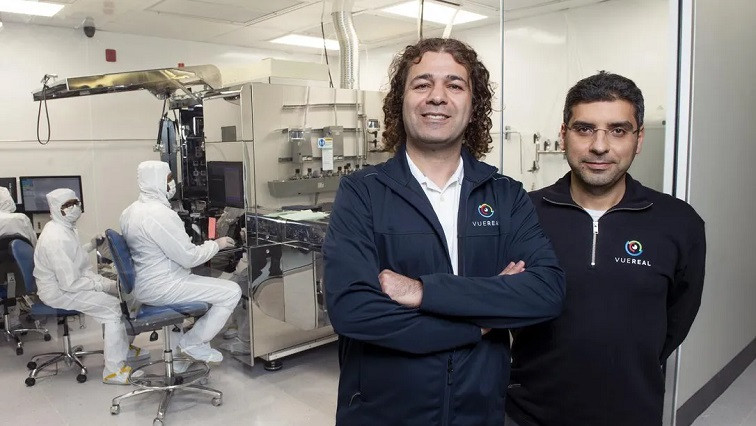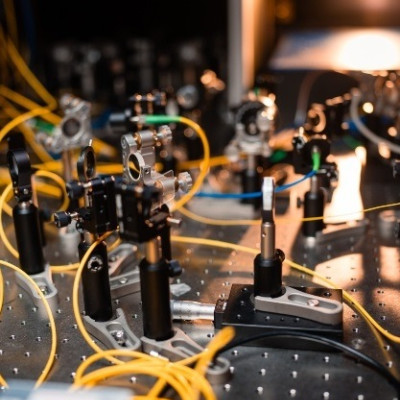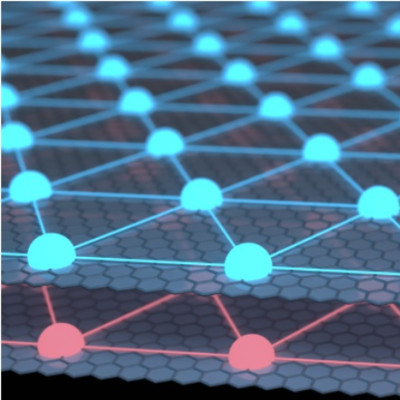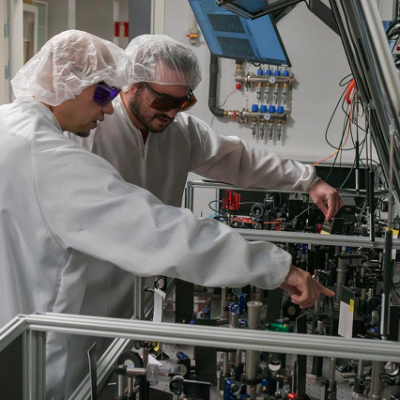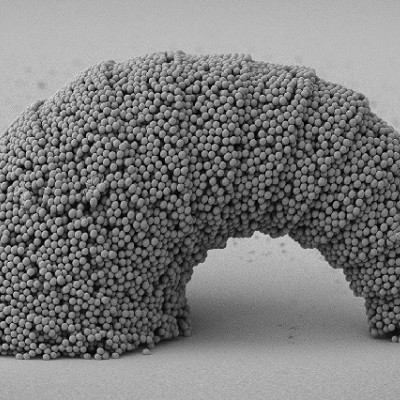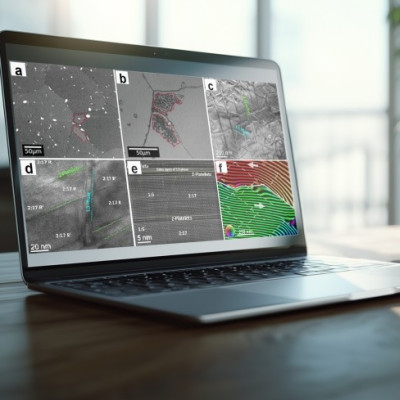Since it was founded seven years ago, VueReal Inc. overcame the technical challenges of making LEDs and sensors that range from two microns to 20 microns in size — a human hair is about 70 microns thick.
The ultra-tiny sensors developed by VueReal will have many futuristic applications that could revolutionize biotechnology, health care, advanced manufacturing, among other sectors, said CEO Reza Chaji in an interview Monday.
VueReal says it is all about scalable nanotechnology for next-generation applications, Chaji said.
The money announced Monday from Sustainable Development Technology Canada and Invest Ontario will be added to the $18.5 million US investment raised in April 2022, and the expected sales revenue from VueReal technology during the next three years to pay for a $40-million expansion of the company.
“We are scaling production to meet a strategic market,” said Chaji. “Then, we want to work with some smaller companies on the consumer market.”
VueReal has developed cutting-edge tech that lowers the cost of making LEDs that also use much less power to operate, Chaji said.
“They are way more efficient to run compared to traditional devices,” said Chaji.
The global market for micro LEDs was about $592 million US in 2021. It is expected to grow by 80 per cent a year until 2030.
It is advanced display technology that does not use organic materials, lasts longer than traditional LEDs and provides clearer images on screens.
Critical supplies of LEDs and sensors during the first three years of the pandemic caused some companies to return manufacturing to North America.
Chaji said VueReal’s technology to print LEDs and sensors is made for that market.
“This is a solution that can be scaled,” he said. “You can do it anywhere.”
VueReal is among the region’s startups that employs engineers for hardware, software and advanced manufacturing. It makes hundreds of millions of super-tiny LEDs and sensors, and also sells the technology so other companies can make them.
Described as a semiconductor and cleantech company, VueReal developed a printing platform for the efficient, practical and scalable production of micro LEDs and sensors. This platform extends the use of micro LEDs and sensors to several sectors of the economy — automotive, aerospace, smartwatch, smartphone, television, information technology, medical, and more, says Sustainable Development Technology Canada.
“We had a lot of collaboration with the University of Waterloo, and we hired a lot of talent from there,” said Chaji.
In announcing the government funds Monday, Waterloo MP Bardish Chagger called VueReal the kind of startup that is trying to transform the world and solve some of its major challenges.
“When we invest in clean technology, we are investing a strong economy and a more sustainable future,” said Chagger in a prepared statement.
“Anyone who has used a smartphone outside on a sunny day will appreciate the innovation that VueReal is creating. Their microLED technology will not only make screens brighter but will use less energy and create less waste in their production process,” added Leah Lawrence, president and CEO, Sustainable Development Technology Canada.
Read the original article on The Record.

